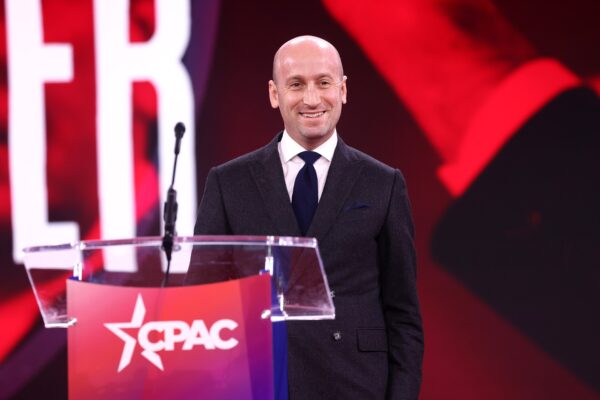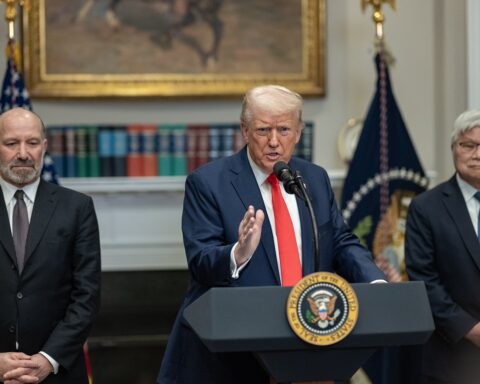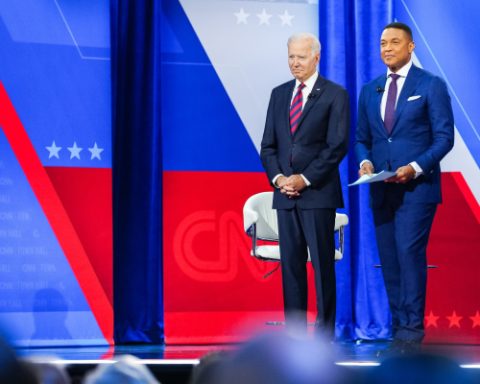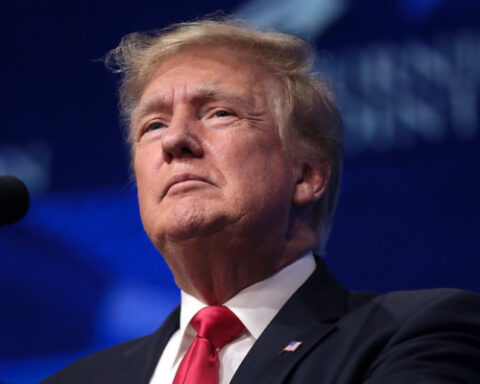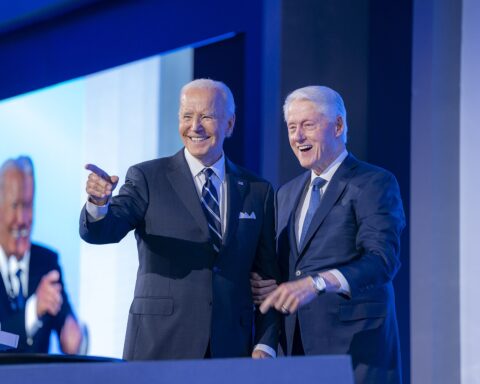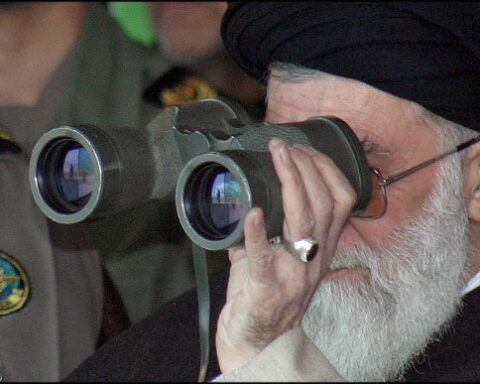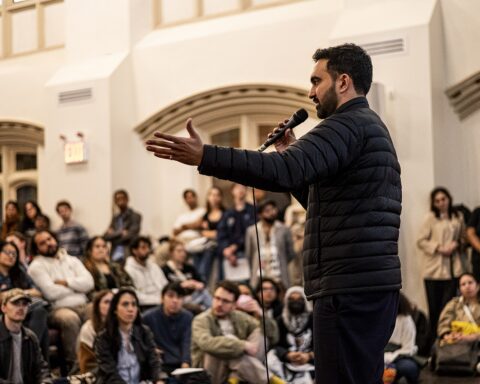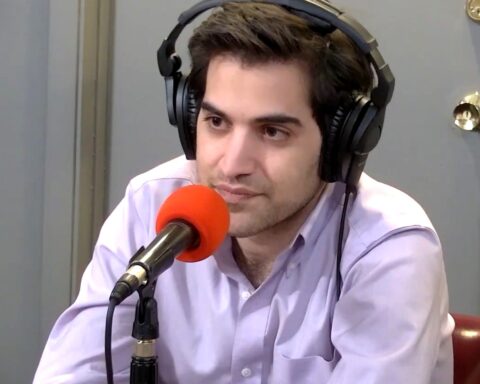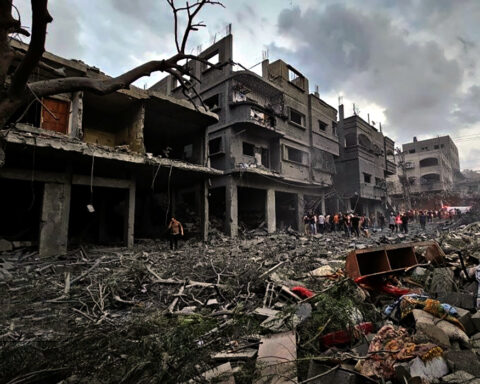White House deputy chief of staff Stephen Miller declined on Friday to discuss in detail whether American ground forces might be deployed to Venezuelan soil, even as the Trump administration escalates a campaign of air and naval strikes intended to choke off the flow of narcotics into the United States.
“I would not now or ever get into any detailed discussion” of military options, Miller told reporters. But he left little doubt about the administration’s posture toward the groups it blames for trafficking. He called Venezuela a “central hub” for the trafficking of narcotics, weapons and humans, and labeled the cartels tied to President Nicolás Maduro’s regime “the ‘ISIS of the Western Hemisphere.’”
Pressed directly on whether U.S. troops could be placed on the ground, Miller referred reporters to comments by Defense Secretary Pete Hegseth about the administration’s operations, including stepped-up strikes on vessels in the Caribbean. “I know that you want more detailed answers than I can provide,” Miller said. “But these are terrorists and they’re going to be killed.”
Since the campaign began on Sept. 2, the administration says roughly 43 people have been killed in strikes on vessels alleged to have been ferrying drugs from Venezuelan waters and the Eastern Pacific. Hegseth told reporters earlier in the week that five “narco-terrorists” were killed in strikes on two separate boats. At the same time, the administration has not publicly produced evidence that the boats in every case were traffickers, a gap that has drawn criticism from some lawmakers and outside observers.
President Trump has signaled a willingness to press the matter further, saying on Wednesday that he could seek congressional authorization for strikes on cartel members on land. A day later, however, he tempered that position, dismissing the necessity of a declaration of war. “I think we’re just going to kill people that are bringing drugs into our country, OK?” he told reporters. “We’re going to kill them.”
The constitutional allocation of war powers — Article I, Section 8 vests Congress with the authority to declare war — sits in the background of the debate. Past presidents have pursued military operations without formal declarations, but the current campaign has nonetheless prompted an unusual floor fight in the Senate.
Earlier this month, Democratic Senators Adam Schiff and Tim Kaine sponsored a resolution intended to halt the strikes; the measure failed by a 48-to-51 vote. Republicans Rand Paul of Kentucky and Lisa Murkowski of Alaska joined Democrats on the resolution, while Senator John Fetterman was the lone Democrat to oppose it.
The Pentagon on Friday further signaled a durable commitment to the operation, announcing that the carrier USS Gerald R. Ford would be sent to the Caribbean. Chief Pentagon spokesman Sean Parnell described the deployment as directed “in support of the President’s directive to dismantle Transnational Criminal Organizations (TCOs) and counter narco-terrorism in defense of the Homeland,” language that reflected the administration’s framing of the campaign as a matter of national security.
Venezuelan President Nicolás Maduro, for his part, denounced the military pressure as a “crazy war,” calling instead for calm. “Yes peace, yes peace forever, peace forever. No crazy war, please,” he said.
As the United States pushes to interdict maritime trafficking and press its advantage in the Caribbean and Pacific, the White House has sought to keep strategic options ambiguous. That posture, officials argue, preserves operational flexibility and heightens deterrence. But it has also drawn a chorus of concern on Capitol Hill and prompted debate over the legal and political limits of American force, even as the administration insists its actions are necessary to protect the homeland from the narcotics trade.
[READ MORE: Rand Paul Warns Trump Against Drifting From America First Foreign Policy]

